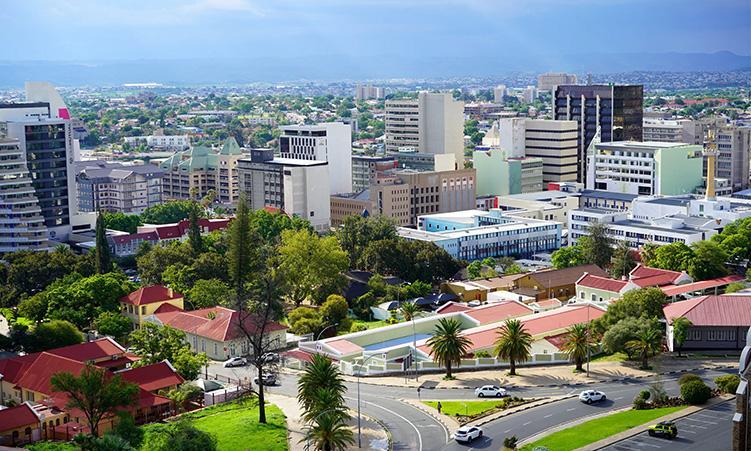Africa-Press – Namibia. Namibia is ranked seventh out of 47 countries in sub-Saharan Africa for economic freedom, with an overall score of 58.7, according to the 2025 Index of Economic Freedom by the Heritage Foundation.
Globally, Namibia is ranked 94th, and its economy is classified as ‘mostly unfree’.
The country’s score rose by 1.2 points from last year but remains below the world average and above the regional average.
“Economic expansion in Namibia is not strongly sustained by government policies or institutions. Deficiencies in the judicial framework constrain overall economic freedom,” the index states.
Property rights protection is weak, and the government’s efforts to combat corruption have been ineffective.
Meanwhile, the index notes that business regulations are imposed without private-sector input, limiting economic flexibility.
Labour regulations are described as “not rigid, but the labour market lacks dynamism”, while mining remains critical, accounting for “more than 50% of foreign exchange earnings”.
Despite shortcomings, Namibia scores above the world average in several areas as the country’s property rights score is above the world average.
“The overall rule of law is relatively well respected in Namibia.
The country’s property rights score is above the world average; its judicial effectiveness score is above the world average; and its government integrity score is above the world average.”
Tax rates include a top individual income tax rate of 37% and a corporate tax rate of 32%. The tax burden is 25.7% of the gross domestic product (GDP), with government spending averaging 37.5% of GDP and a budget deficit of 6.0%.
Public debt stands at 66.1% of GDP.
The regulatory environment is said to be relatively well institutionalised, but lacks efficiency.
“Business freedom scores below the world average, while labour freedom and monetary freedom are above it.
Trade barriers persist, with an average tariff rate of 7.5% and other barriers limiting trade freedom,” the index notes.
Furthermore, foreign ownership is generally unrestricted, though some sectors require joint local ownership. Financial intermediation is described as “uneven across the country”.
Source: The Namibian
For More News And Analysis About Namibia Follow Africa-Press






